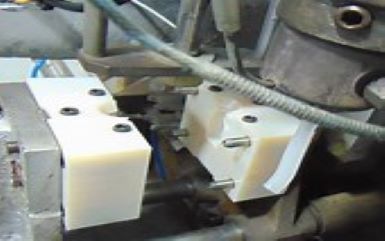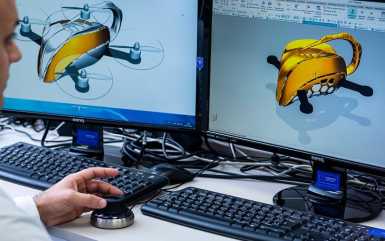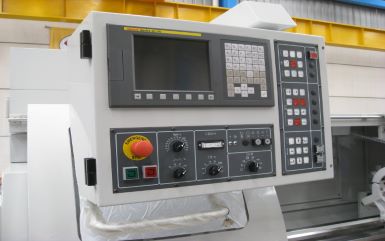Description
CV Faculty
D. Alberto Calabuig Vallejo: Technician specializing in tooling and molds in the IES La Foia de Ibi (Alicante). He has developed his professional career in different companies (Matricería Juguetera, SL, Técnicas y aplicaciones productivas SL, Juypal, SL and Bec-Vil SL) performing the functions of first officer in machining-matricery-molds. Since 2007 he has been a secondary school teacher in machining and machine maintenance cycles (Generalitat Valenciana). Currently a teacher at the IES La Foia de Ibi (Alicante) and a regular teacher in the business field.
Target audience
Active workers, unemployed.
Objectives
– To elaborate numerical control programs, analyzing and applying the different types of programming.
– Organize the work in the execution of machining, analyzing the process sheet and preparing the necessary documentation.
– Prepare numerical control (CNC) machines, selecting the tools and applying the required techniques or procedures..
– To control the machining process, relating the operation of the numerical control program with the characteristics of the final product.
Content
Programming of numerical control milling machine.
– Numerical control programming languages.
– Programming techniques.
– Definition of trajectories.
– Program simulation.
– Interpretation of the process.
– Relationship of the process with the means and machines.
– Workload distribution.
– Task planning.
Numerical control machines.
– Handling and use of various numerical control machines.
– Handling and use of various numerical controls.
– Clamping operations of parts and tools:
– Centering or referencing.
– Assembly of parts and tools.
– Tool adjustment.
– Identification and resolution of problems.
– Use of machine manuals.
High level programming.
– Introduction to the latest machining technologies.
Computer Aided Programming (CAM)
– Graphic environment.
– Machining templates.
– Definition of program origins.
– Definition of tools.
– Machining strategies.
– Choosing the right strategy.
– Generation of trajectories.
– Machining operations.
– Simulation of machining. Virtual machining.
– Optimization of strategies.
– CNC code generation.
– Post-processing of files
– Workshop documentation
Price
FREE. Free training, fully subsidized by the Ministry of Education and Vocational Training, EU-Next Generation Funds managed by LABORA through REDIT, the Network of Technological Institutes of the Valencian Community and has official accreditation.






